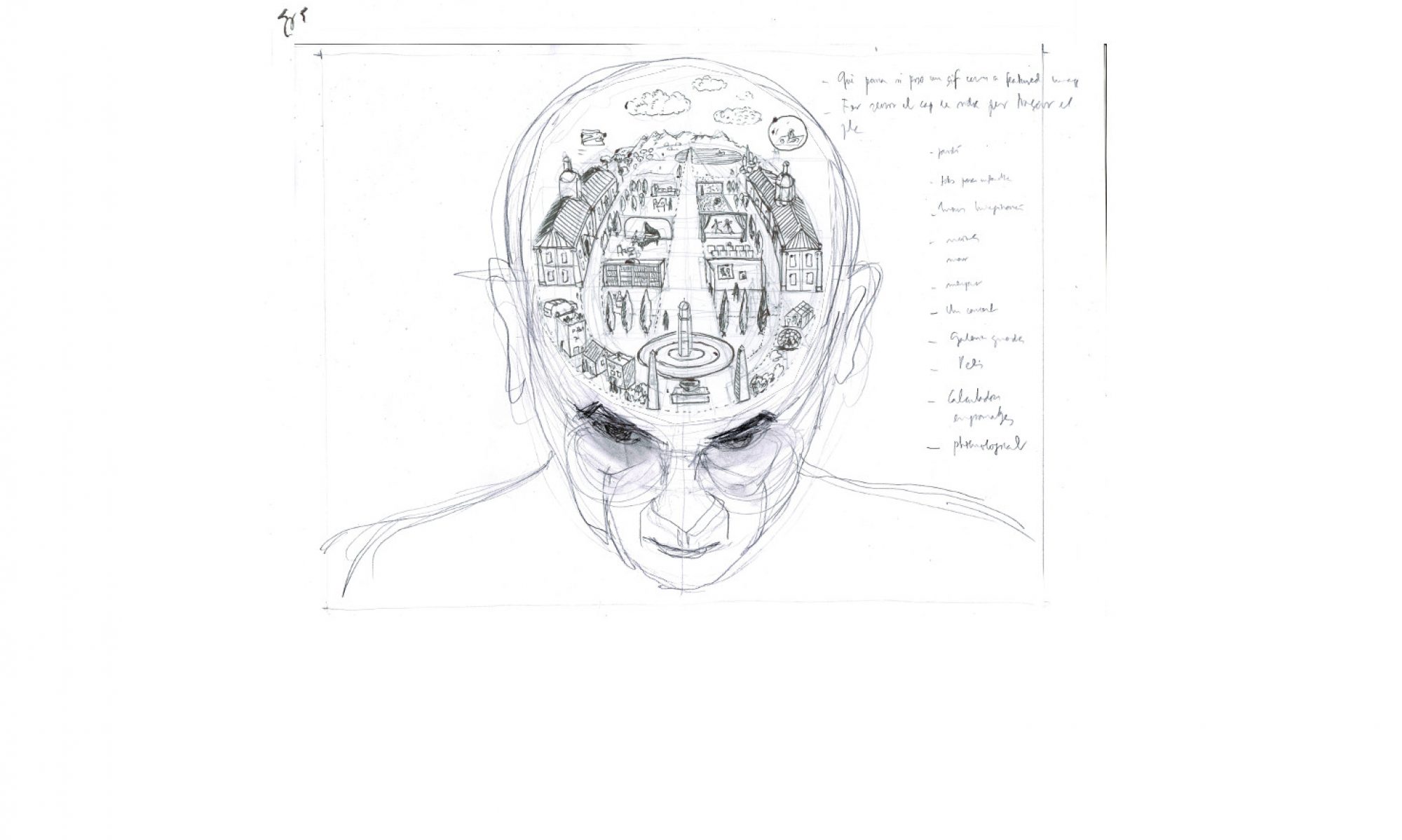Som infeliços per que no ens sabem conformar amb el que tenim a l’abast?
A l’article sobre la Psicologia de la desigualtat, s’argumenta que la insatisfacció vindria, no tant de la situació objectiva que estem vivint, com de la percepció de la desigualtat. I potser això seria un tret genètic ja que s’ha observat en experiments amb nens de 3 anys i fins i tot en micos (que rebutgen un cogombre que els havia fet feliços després de veure que altres tenen plàtans.
¿Ho podem extrapolar al sentiment de frustració que tindríem en comparar la nostra situació real amb la que podem imaginar? La imaginació és el que ens permet concebre vides millors, i alhora posar-nos en el lloc dels altres i tenir responsabilitat moral.
Així, com els micos amb els cogombres i els plàtans, ja no sabríem conformar-nos amb la feina o parella que tenim a l’abast; voldríem un lloc millor, o una parella més bonica, i per això tindrem ansietat a la feina i viurem sols.
Els espanyols pensen en una Espanya uniforme, que parla castellà, on extreuen recursos de Catalunya sense que ningú protesti, i no vol reconèixer que Catalunya és una nació. Així, viu irritada contra una realitat que frustra aquesta expectativa. I alhora, els independentistes catalans, somiem amb els plàtans d’una Catalunya independent que no tenim a l’abast, somiem amb una possible DInamarca del sud, i no volem reconèixer que la meitat dels catalans (els que viuen a Catalunya), aquesta independència no la volen. Així, tant uns com altres rebutgem el cogombre d’una Catalunya nació dins d’Espanya amb un finançament just.
És la Segona Noble Veritat del del Budisme : l’origen del patiment es troba a l’afany de viure, al desig d’actuació, de plaer, de possessió.
[Easterlin i el benestar depenent de la renda relativa Salut mental, benestar
As any parent knows, children watch carefully when goodies are divvied up. A few years ago, a team of psychologists set out to study how kids too young to wield the word “unfair” would respond to unfairness. They recruited a bunch of preschoolers and grouped them in pairs. The children were offered some blocks to play with and then, after a while, were asked to put them away. As a reward for tidying up, the kids were given stickers. No matter how much each child had contributed to the cleanup effort, one received four stickers and the other two. According to the Centers for Disease Control and Prevention, children shouldn’t be expected to grasp the idea of counting before the age of four. But even three-year-olds seemed to understand when they’d been screwed. Most of the two-sticker recipients looked enviously at the holdings of their partners. Some said they wanted more. A number of the four-sticker recipients also seemed dismayed by the distribution, or perhaps by their partners’ protests, and handed over some of their winnings. “We can . . . be confident that these actions were guided by an understanding of equality, because in all cases they offered one and only one sticker, which made the outcomes equal,” the researchers reported. The results, they concluded, show that “the emotional response to unfairness emerges very early.”If this emotional response is experienced by toddlers, it suggests that it may be hardwired—a product of evolution rather than of culture. Scientists at the Yerkes National Primate Research Center, outside Atlanta, work with brown capuchin monkeys, which are native to South America. The scientists trained the monkeys to exchange a token for a slice of cucumber. Then they paired the monkeys up, and offered one a better reward—a grape. The monkeys that continued to get cucumbers, which earlier they’d munched on cheerfully, were incensed. Some stopped handing over their tokens. Others refused to take the cucumbers or, in a few cases, threw the slices back at the researchers. Like humans, capuchin monkeys, the researchers wrote, “seem to measure reward in relative terms.” (Psicologia de la desigualtat New Yorker 2918/01/15)
Al s20 es va veure que la frustració humana no s’acabava quan es cobrien les necessitats bàsiques. Un cop tenim un sostre, pa, i aigua per beure, volem un vestit bonic, i televisió per cable. Les expectatives sempre creixen, i més encara alimentades per la publicitat i les xarxes socials. I per tant sempre es frustren.
[ En Sergio va a un menú bufet, s’empassa 1 1 plats i encara se’n va pensant en els plats que no ha menjat. Sortim del restaurant de la vida després d’un àpat excel·lent i en lloc d’estar satisfets mirem amb enveja altres plats que hi havia al menú. O després del viatge de la vida, pesa la insatisfacció pels itineraris que no hem pogut seguir que no pas l’acontentament pels que hem fet. Tenim una ànsia infinita.
Epicur ens exhortaria a estar satisfets del que hem pogut gaudir, i acceptar els canvis de la fortuna (Horaci).
